About us
The Dutch Climate Risk Portal supports professional organisations in understanding physical climate risks in the Netherlands. It contributes to a level playing field regarding free and open national level-climate data. This section provides more information about the portal, including its operators and partners.
Why was the portal developed?
In recent years, the significance of climate risk data in the Netherlands has grown substantially. This data plays a crucial role in equipping professional users with the necessary information to comply with regulations and make informed decisions. The necessity for a centralised platform arises from several key factors:
Misconception in international perception
International investors may possibly scale back investments in the Netherlands due to misinterpretation of data or limited understanding of actual risks when adaptation measures are implemented.
Problems with financial stress testing
The International Monetary Fund (IMF) and World Bank’s 2023 stress tests, along with earlier reviews, showed that the Netherlands lacks clear guidance on climate risks. Without a central data repository, users face a complex and fragmented data collection process.
Call for enhanced data collection
The Dutch financial sector has advised the government to facilitate consistent data collection, as outlined in this report (PDF) by the Dutch Central Bank's Working Group on Climate Adaptation and the Sustainable Finance Platform. The availability of high-quality, standardised data is needed for various purposes such as reporting, stress testing, underwriting, and pricing.
Compliance with EU regulations
EU regulations such as the Corporate Sustainability Reporting Directive (CSRD) and the EU Taxonomy require corporates and the financial sector to report on climate risk in the Netherlands. Consistent, scientifically-backed data is necessary to meet these requirements.
Who is behind the portal?
This website was initiated by the Dutch Ministry for Infrastructure and Water Management. It is jointly managed by The Netherlands’ National Delta Programme and Climate Adaptation Services, in cooperation with the Delta Commissioner’s Staff, as part of the Netherlands AAA Climate Proof initiative. Below is an overview of all partners, experts, and users that support the development of the Dutch Climate Risk Portal.

Professionals from Achmea collaborate in the user group to optimise the portal.
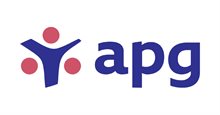
Professionals from APG collaborate in the user group to optimise the portal.

Professionals from a.s.r collaborate in the user group to optimise the portal.
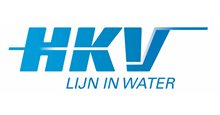
Experts from HKV reviewed the hazard coastal & fluvial flooding and sea level rise.

Professionals from NWB Bank collaborate in the user group to optimise the portal.
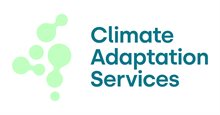
Climate Adaptation Services developed and manages the portal.
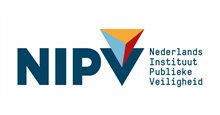
Experts from the Netherlands Institute for Public Safety (NIPV) reviewed the hazard wildfire.
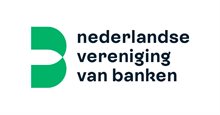
Professionals from the Dutch Banking Association (NVB) collaborate in the user group to optimise the portal.
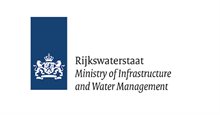
Experts from Rijkswaterstaat reviewed the hazards coastal & fluvial flooding, sea level rise and ocean acidification.

Experts from Utrecht University reviewed the hazards water stress and drought.
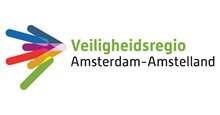
Experts from the Amsterdam-Amstelland Safety Region reviewed the hazard wildfire.
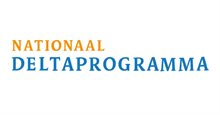
The Netherlands AAA Climate Proof initiative closely collaborates with the portal.

Experts from TAUW reviewed the hazards changing temperature, heat stress, temperature variability, and heat wave.
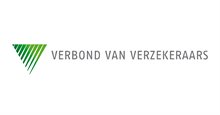
Experts from the Dutch Association of Insurers reviewed the insurance context for various hazards.
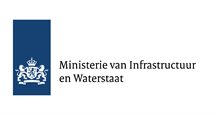
The Dutch Ministry of Infrastructure and Water Management is the initiator of the portal.

Experts from the Institute for Environmental Studies (IVM) reviewed the hazards storm, changing wind patterns, water stress and drought.
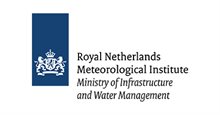
Experts from the Royal Netherlands Meteorological Institute (KNMI) reviewed general pages and several hazards, with an emphasis on climate trends and projections.
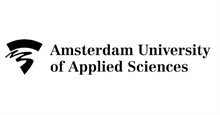
Jeroen Kluck from Amsterdam University of Applied Sciences reviewed the hazard pages changing temperature, heat stress, temperature variability, and heat wave.

Experts from Deltares reviewed the hazards wildfire, changing precipitation patterns and types, precipitation or hydrological variability, heavy precipitation, pluvial flood, groundwater flood, water stress, and drought.
